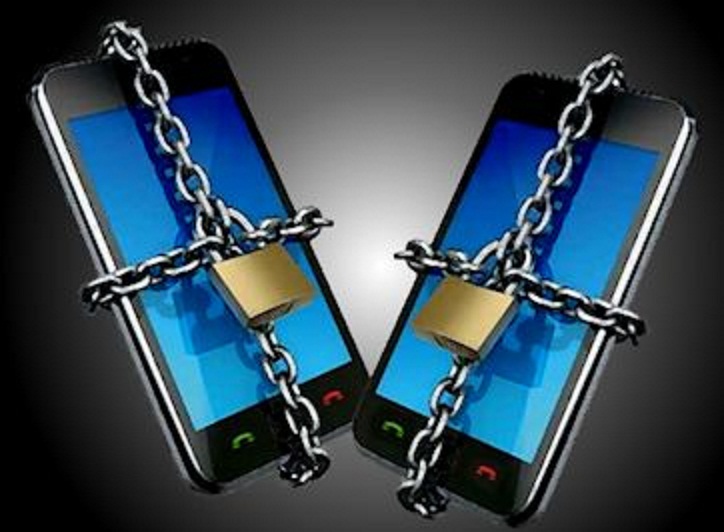

The fledgling optimism surrounding the bring your own device (BYOD) trend could be derailed after the head of IT at a local council warned it does not save money, and indeed costs more than if the council were to invest in its own mobile phones.
This damming assessment came from Blackpool Council’s head of ICT services, Tony Doyle, speaking at the InfoSec conference in London this week.
Blackpool Council meanwhile has reportedly realised that since beginning its own BYOD scheme, it actually costs more to allow staff to use their own devices than corporate ones, after additional requirements such as mobile device management and help-desk support are factored in.
“I don’t believe the right reason to introduce a BYOD policy is to make cost savings. My sense at the moment is that it’s costing us more because of the extra burden on the helpdesk, and the cost of software to manage the devices,” Doyle was quoted as saying.
“I also think you’ve got to factor in that if it all goes wrong, the local authority may fall foul of the information commissioner for a breach and get a £500,000 fine.”
Yet despite highlighting negative, Doyle was also keen to stress that there were some positive benefits to BYOD.
He cited benefits such as flexible working, office space rationalisation, including a reduction in the number of desks it provides, and the introduction of hotdesking. Doyle told delegates the Councils planning their own BYOD scheme should instead it as a way of supporting staff and helping to bring about job satisfaction.
According to the Guardian, Citrix is Blackpool’s supplier, and it offers both a high-security domain and low-security domain for the council’s applications. BYOD users are only able to access low security domains such as email, secure browser, and a staff telephone directory.
“We think the risks are too great [to open up access to the higher security domain],” Doyle said.
The BYOD trend has been consistently dogged by the concerns about the security implications of allowing staff to bring their own smartphones and laptops into corporate workplace. However gradually some businesses and organisations are beginning to realise that it does offer benefits including end user appreciation and increased productivity.
But still security concerns linger, with many still worried at the security impact of the move. In February Mobilisafe warned that small businesses are facing an increased risk from mobile devices that are now flooding into the workplace.
Are you a security guru? Test yourself with our quiz!
Chinese rival BYD overtakes global revenues of Elon Musk's Tesla, as record number of Tesla…
Messaging app Signal in the headlines after a journalist was invited to a top secret…
OpenAI chief operating officer Brad Lightcap to oversee international expansion as company consolidates lead in…
Chinese researchers publish details on device that could wreak havoc on undersea communications cables in…
Former Intel chief Gelsinger expands role at Gloo, becoming executive chairman and head of technology…
MEPs add to Commission pressure for second EU Chips Act amidst industry calls for renewed…